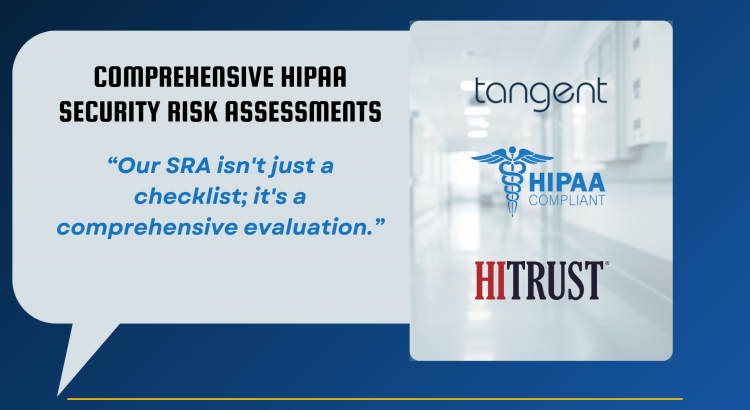Tangent and Latitude Partner to Elevate Healthcare Data Security with New HIPAA Compliance HRAs Tangent is thrilled to announce our strategic partnership with Latitude Security. This collaboration introduces specialized HIPAA Security Risk Assessments (SRAs), designed to strengthen organizational defenses and ensure compliance with regulatory standards. A Strategic Approach to Risk Assessment Our HIPAA SRAs go […]
Category: healthcare technology
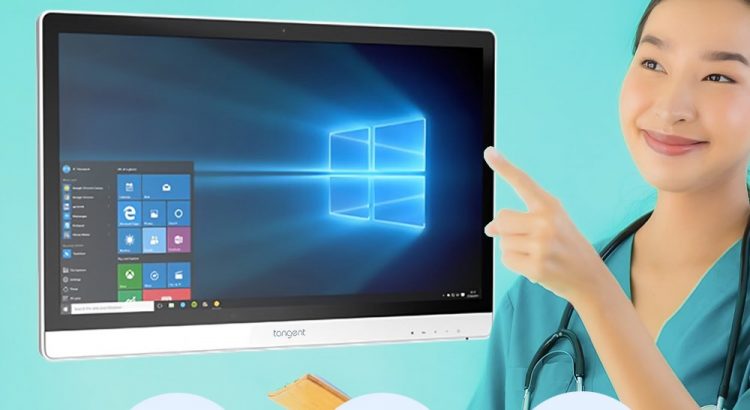
Medical PCs Streamline Hospitals
In today’s fast-paced world, technology plays a crucial role in transforming various industries, and healthcare is no exception. One such groundbreaking innovation that has revolutionized medical practices is the Medical PC. In this blog, we delve into the capabilities, benefits, and potential applications of these advanced computing systems in the healthcare landscape. What is a […]
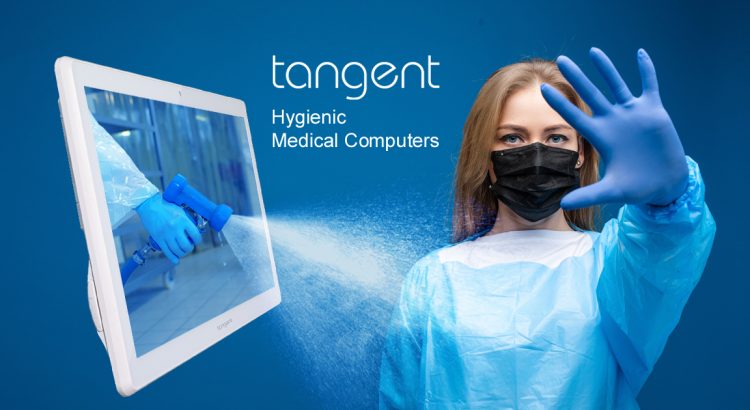
Hygienic Medical Computers
Cleanliness remains a top priority for hospitals everywhere. Since the introduction of handwashing into the medical field, efforts to curb disease spread in the hospital have been largely successful. Still, medical institutions must remain vigilant in their hygienic practices to ensure that the risks to patients are minimized. Hospitals need quality medical computers that help […]

4 Uses For Medical Grade Computers In The Hospital
With the United States having administered over 100 million vaccines, an end to the pandemic is not only within sight but actively being approached. The response to this crisis has fallen largely on our nation’s hospitals, who have consistently provided their communities with the quality medical care they need. Hospitals need to remain vigilant during […]
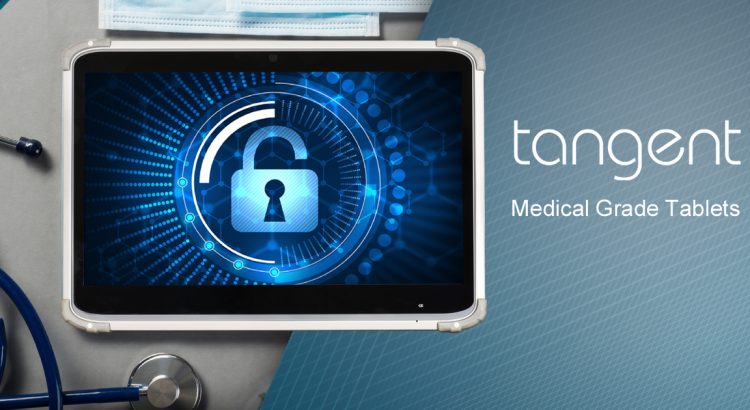
Medical Grade Tablets For Efficient Hospitals
The winter surge of infections is clearly coming to an end, with infections consistently trending downwards in the last few weeks. With vaccines being rolled out, and U.S. estimates suggesting that every American will be vaccinated by the summer, the end of this pandemic is within sight. However, until every American is vaccinated and variants […]
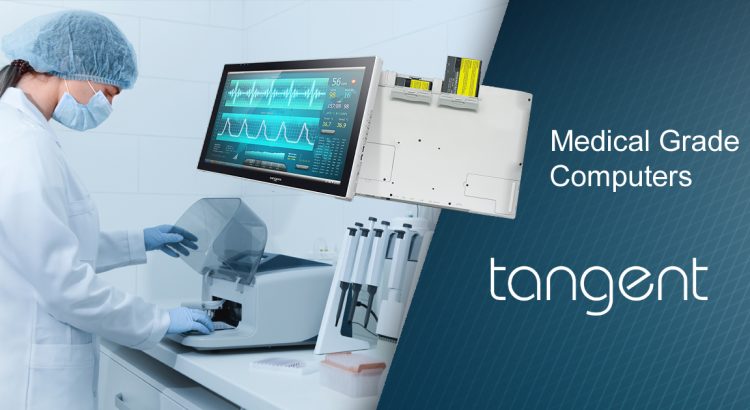
Streamlining Hospital Vaccination Programs With Medical Computers
With President Joe Biden having announced that the country will have enough vaccines for every American by the summer, the end of this pandemic finally appears within reach. But having enough vaccines for everyone and actually utilizing them are two different things. Already we have seen countless examples of pharmacies and hospitals being forced to […]
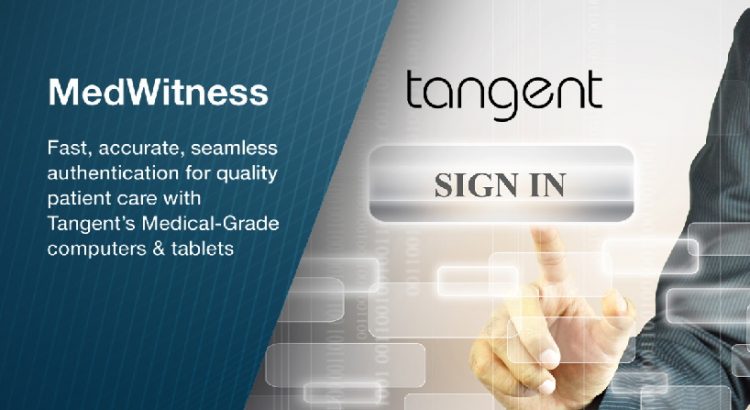
Witnessing Medication Administration Made Easy With Medical Computers
Providing safe and accurate prescriptions to patients can be a complex, and potentially risky endeavor. That’s why medication witnessing is crucial in the hospital setting. With medication witnessing, hospitals can be certain that medication is being used properly throughout the hospital. But oftentimes the process of medication witnessing is a laborious, clunky task. With Tangent […]
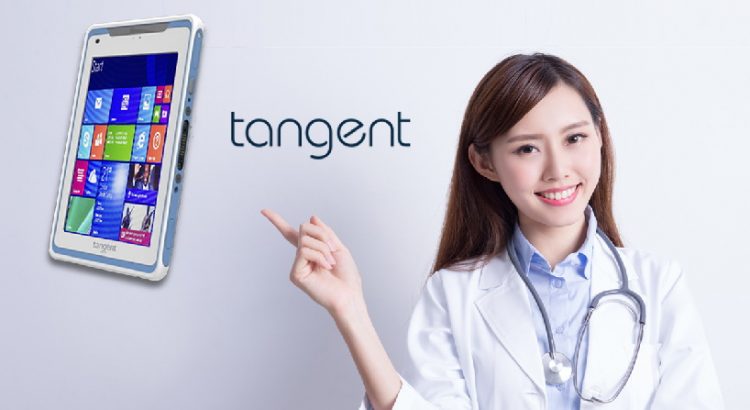
Remote Patient Monitoring With Medical Computers
During this pandemic, telehealth has seen an unprecedented rise in its use. The federal government, in collaboration with private companies, have made telehealth more accessible than ever before. But telehealth is only one half of the picture. While patients of all backgrounds can make use of telehealth to virtually see their doctors, some patients require […]
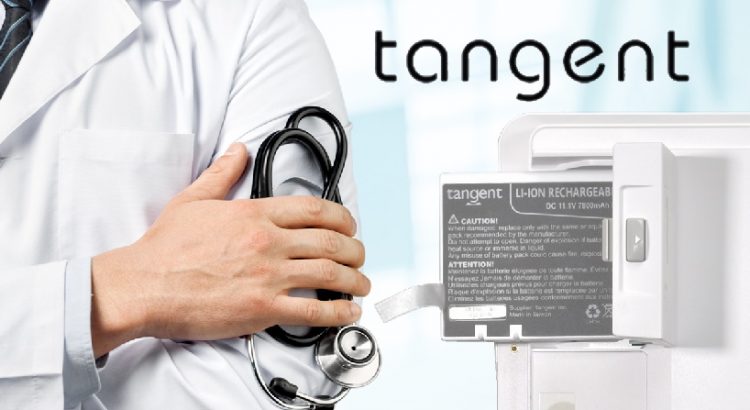
Tangent Medical Computers For Medical Cart Use
When times are uncertain, one constant that hospitals can always rely on is the quality of their Tangent medical computers. Recently, Belfast City Hospital was in dire need of medical carts. Tangent worked closely with Hospital Services Limited and Touchpoint Medical to quickly deliver 15 quality-made medical carts directly to the hospital. This is just […]
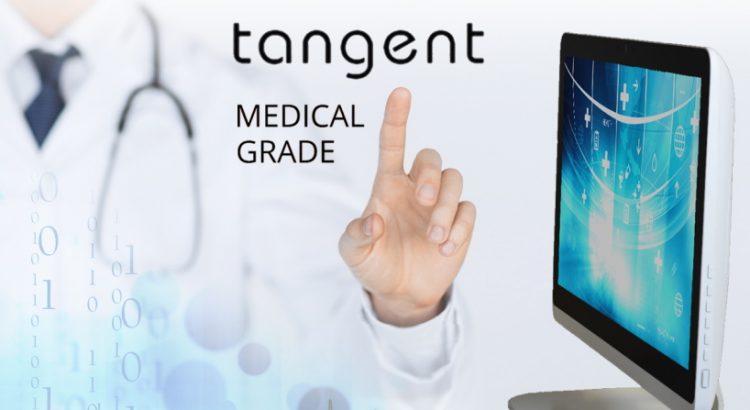
Are Medical AI Tools Worth Using In Hospitals?
Medical AI Tools are rapidly becoming mainstream features in hospitals, especially during this pandemic. These tools can help doctors make diagnosis, or simply advise them on treatment plans. Recently, the Health and Human Services Secretary, Alex Azar, proposed permanently ending FDA oversight on certain medical AI tools. Azar is recommending the end to this oversight […]
